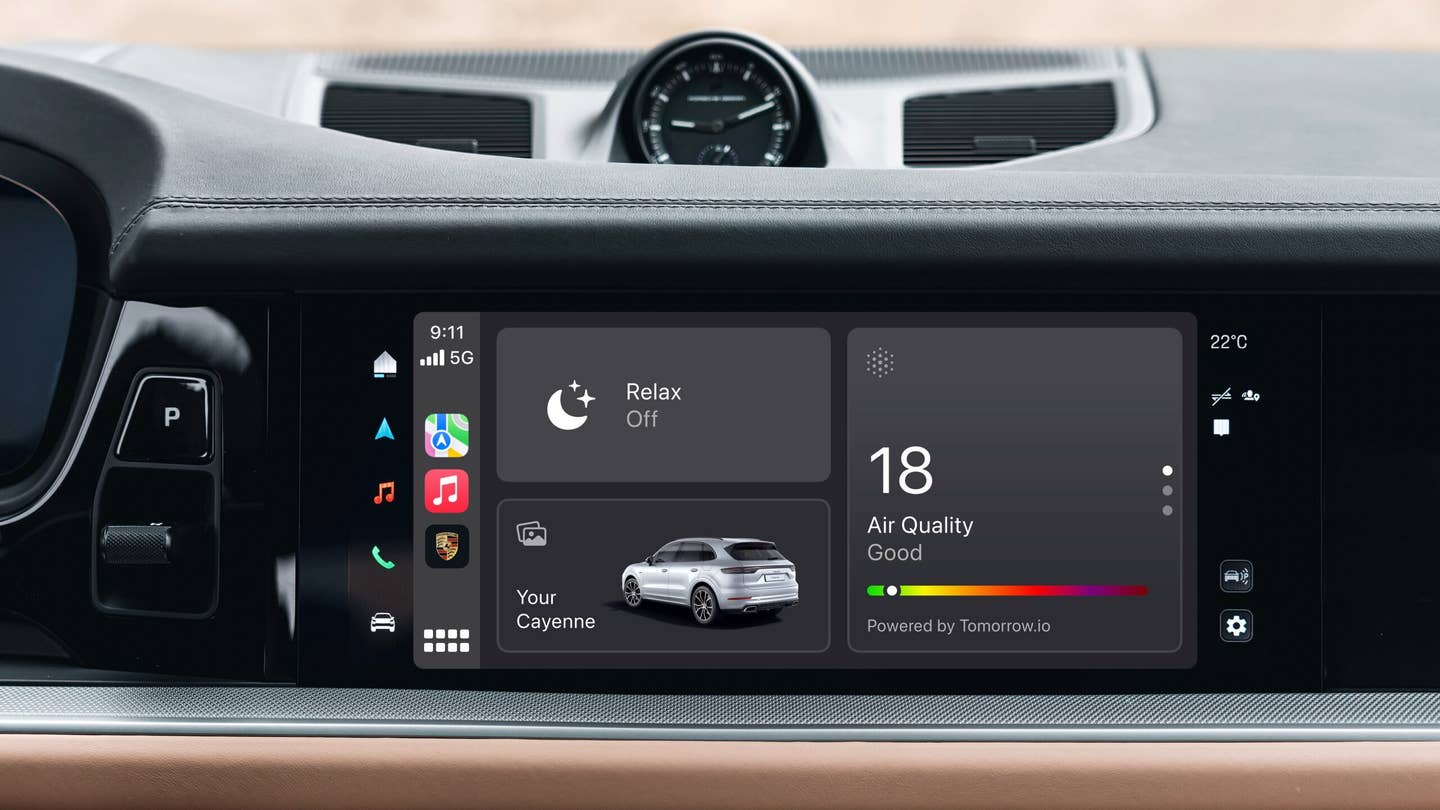Apple has finally given up on building its own car, according to multiple reports.

After a decade in pursuit of building an autonomous car for the masses, then merely an electric one, Apple has reportedly shuttered its vehicle development effort, codenamed Project Titan. Beset by a raft of personnel changes, constantly changing focus, and repeatedly delayed timelines, the tech giant never formally announced Titan—and now it appears it may never have to.
The news comes courtesy of Bloomberg, citing people close to the matter. Roughly 2,000 people were employed on Project Titan, and it’s reported those who can will now move to Apple’s endeavors in generative AI. Just last month, the car’s development reached a “make or break” point, according to Bloomberg, and Apple shoved off Titan’s launch by two more years, to 2028. It’s unclear if layoffs will follow today’s developments, though the iPhone maker counted plenty of automotive engineers and designers among its ranks to make its first car a reality, and their skill sets may not be needed within the company anymore.
A mockup of the new CarPlay experience that will launch in 2024 in select Aston Martin models. Notice how it covers the gauge cluster, too. Aston Martin, Apple
Still, it seems Apple’s investors are at least relieved that Titan’s rocky journey has finally come to an end, as shares rose by half a percent on Wall Street following Bloomberg’s report on Tuesday afternoon. The outlet notes that most recently, Apple was targeting Titan’s retail price somewhere in the neighborhood of $100,000, while only promising Level 2 automation at launch. That’s a far cry from the Level 4 capabilities that engineers were supposedly hoping to achieve at the outset back in 2014, which would’ve allowed total autonomy under certain conditions, without requiring the vehicle’s occupant to be prepared to assume command at any moment.
Over the years, Apple was rumored to have negotiated with a number of automotive manufacturers, suppliers, and fellow players in the tech space to share the burden of delivering Titan, including Hyundai, LG, and even Magna, which built Sony Honda Mobility‘s earliest prototypes. Back in 2021, a report out of Korea suggested that Hyundai was wary of minimizing its own brand to elevate Apple’s, and executives were concerned that such a partnership would reduce the automaker to an “OEM factory for Apple cars.”
Apple is still clearly active in the realm of connected cars; its new CarPlay system that can control broader aspects of a vehicle, like the HVAC system, was recently announced for upcoming models from Porsche and Aston Martin, including the DB12. But the product that was supposed to do for self-driving cars what the iPod did for digital music has finally reached its predictable conclusion.
Got a tip? Send us a note: tips@thedrive.com


